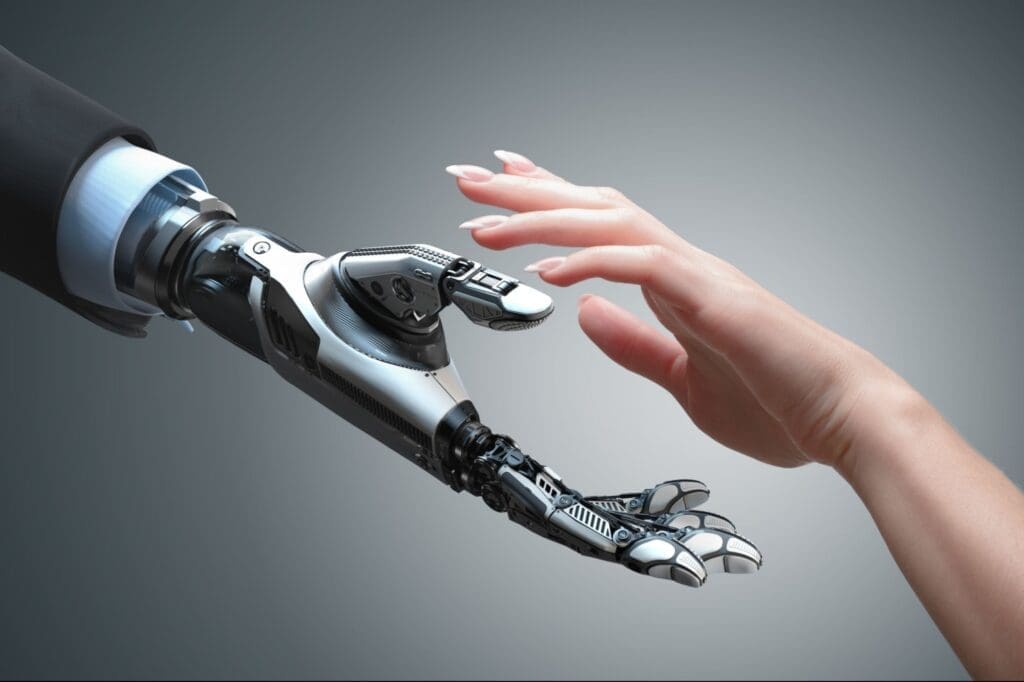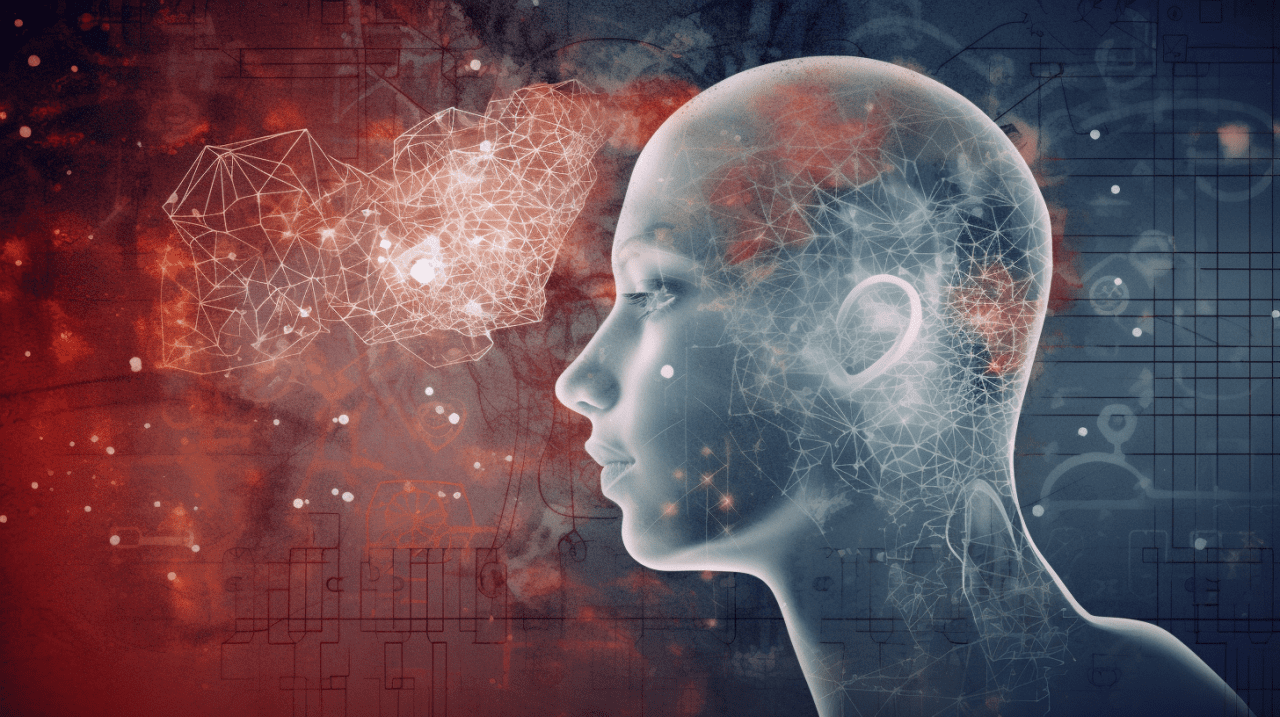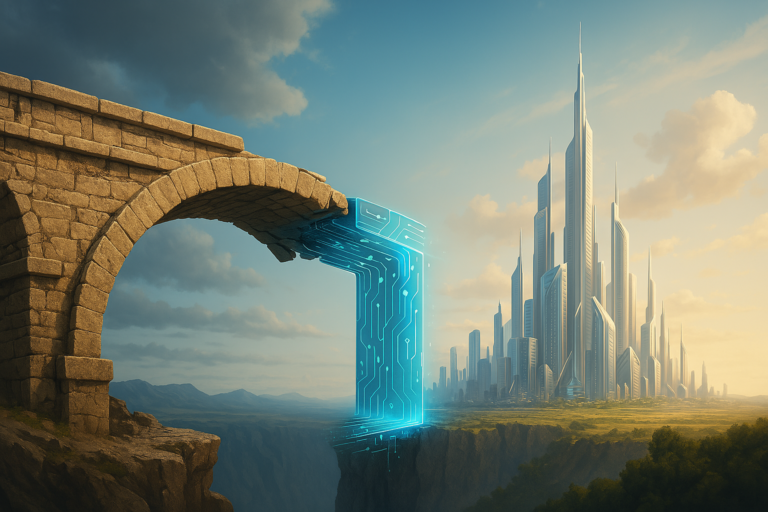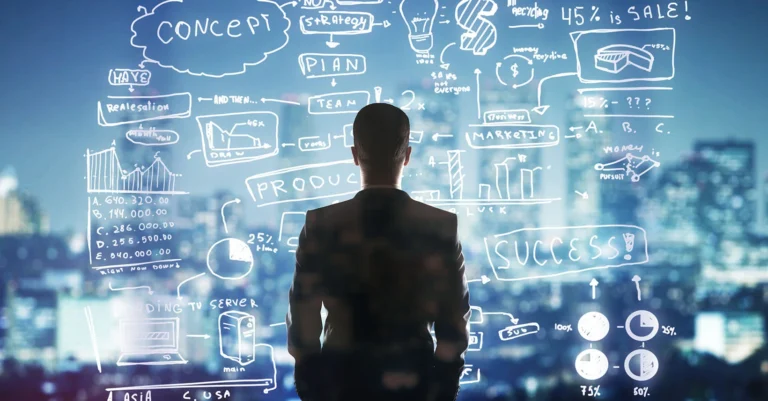The Concept of Entropy
Entropy, in its most basic scientific sense, is a measure of disorder or randomness in a system. The second law of thermodynamics states that entropy in an isolated system always increases over time, leading to a state of maximum disorder. In Tenet, entropy is manipulated, leading to the inversion of time. This inversion creates a scenario where characters experience time backward, a concept that Nolan uses to explore themes of chaos and order, causality, and free will.
In our daily lives, entropy can be seen as a metaphor for the unpredictability and complexity we face. Whether it’s in business, personal life, or the integration of new technologies, we often find ourselves in situations where traditional logic and linear thinking fail us. This is where the advice from Tenet—to feel rather than to understand—becomes crucial.

Data as One Piece of the Puzzle
The Role of Instinct in Design and Experience
Collective Chaos and Organizational Innovation
Innovation rarely follows a straight path. It often emerges from the collective chaos of diverse ideas and perspectives. This chaos, when harnessed correctly, can lead to groundbreaking solutions and advancements. In this sense, the chaotic nature of human creativity and the structured organization of technology can work together to drive progress.
The Creative Force of Human Instinct
Integrating Technology and Human Experience





